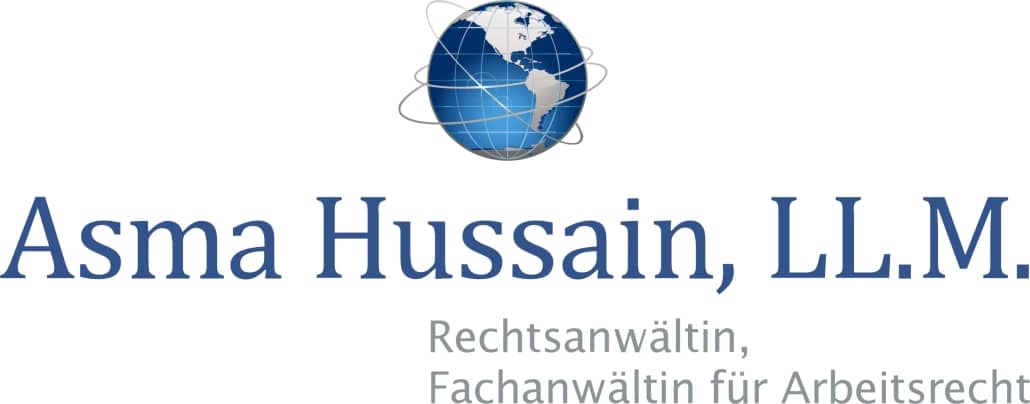New judgment regarding wages during Corona pandemic
Continued payment of wages due to a SARS-CoV-2 infection and an official isolation order
Even if there are no symptoms, a SARS-CoV-2 infection is an illness according to the Continued Payment of Wages Act (here: Section 3 Paragraph 1 EFZG) that leads to incapacity to work. Requirement: As a result of an official isolation order, it must be legally impossible for the employee to perform the work owed to the employer and performance in the home environment must be out of the question. This is what the Federal Labor Court (BAG) decided.
Deduction from earnings after Covid illness
The plaintiff is employed as a production employee by the employer, a company in the plastics processing industry. He had not undergone any vaccination against the coronavirus and tested positive for the virus on December 26, 2021. For the period from December 27th to December 31st, 2021, the plaintiff, who suffered from a cough, runny nose and headache, was issued with a medical certificate of incapacity for work (AU). The employer continued to pay wages during this time. On December 29th, 2021, the municipality of N. issued an order according to which isolation (quarantine) was ordered for the plaintiff in his home environment until January 12th, 2022. For the period from January 3rd to January 12th, 2022, the doctor refused to issue a follow-up AU on the grounds that the positive test result and the isolation order would be sufficient to prove incapacity to work. With the earnings statement for January 2022, the employer made a gross deduction of approximately 1,000 euros from the plaintiff’s wages for this period. In his lawsuit, the employee demanded payment of this amount. The labor court (ArbG) dismissed the lawsuit. In response to the employee’s appeal, the State Labor Court (LAG) changed the ArbG ruling and ordered the employer to pay.
Federal Labor Court ruled in favor of employees
The employer’s appeal before the BAG was unsuccessful. The appeal court correctly recognized that the plaintiff was prevented from performing his work due to the SARS-CoV-2 infection due to his inability to work due to illness, regardless of whether he consistently had symptoms of COVID-19. The SARS-CoV-2 infection represents an abnormal body condition and therefore an illness that has led to incapacity to work.
The isolation order is not an independent, parallel cause of incapacity to work; rather, the resulting ban on activity is based precisely on the infection (mono-causality). This is the indispensable reason for the subsequent isolation order. Due to the SARS-CoV-2 infection, the plaintiff was legally unable to perform the work owed in the defendant’s company.
It could also not be determined with the necessary certainty that failure to take the recommended corona vaccination was the cause of the SARS-CoV-2 infection. The appeal court assumed in favor of the employer that the failure to carry out the vaccinations represented a gross violation of the behavior expected of a reasonable person. However, the weekly situation reports from the RKI and its assessment of the vaccination effectiveness did not allow the conclusion that the corona infection that occurred in the plaintiff at the end of December 2021 or the beginning of January 2022 could have been prevented by receiving the vaccination.
The employee did not have the right to refuse benefits because she had not submitted a certificate of incapacity for work. The LAG correctly recognized that the plaintiff had proven to the defendant in another, appropriate manner by presenting the regulatory order from the municipality of N. that he was objectively prevented from performing his work as a result of his corona infection.
Source | BAG, judgment of March 20, 2024, 5 AZR 234/23, PM 8/24
